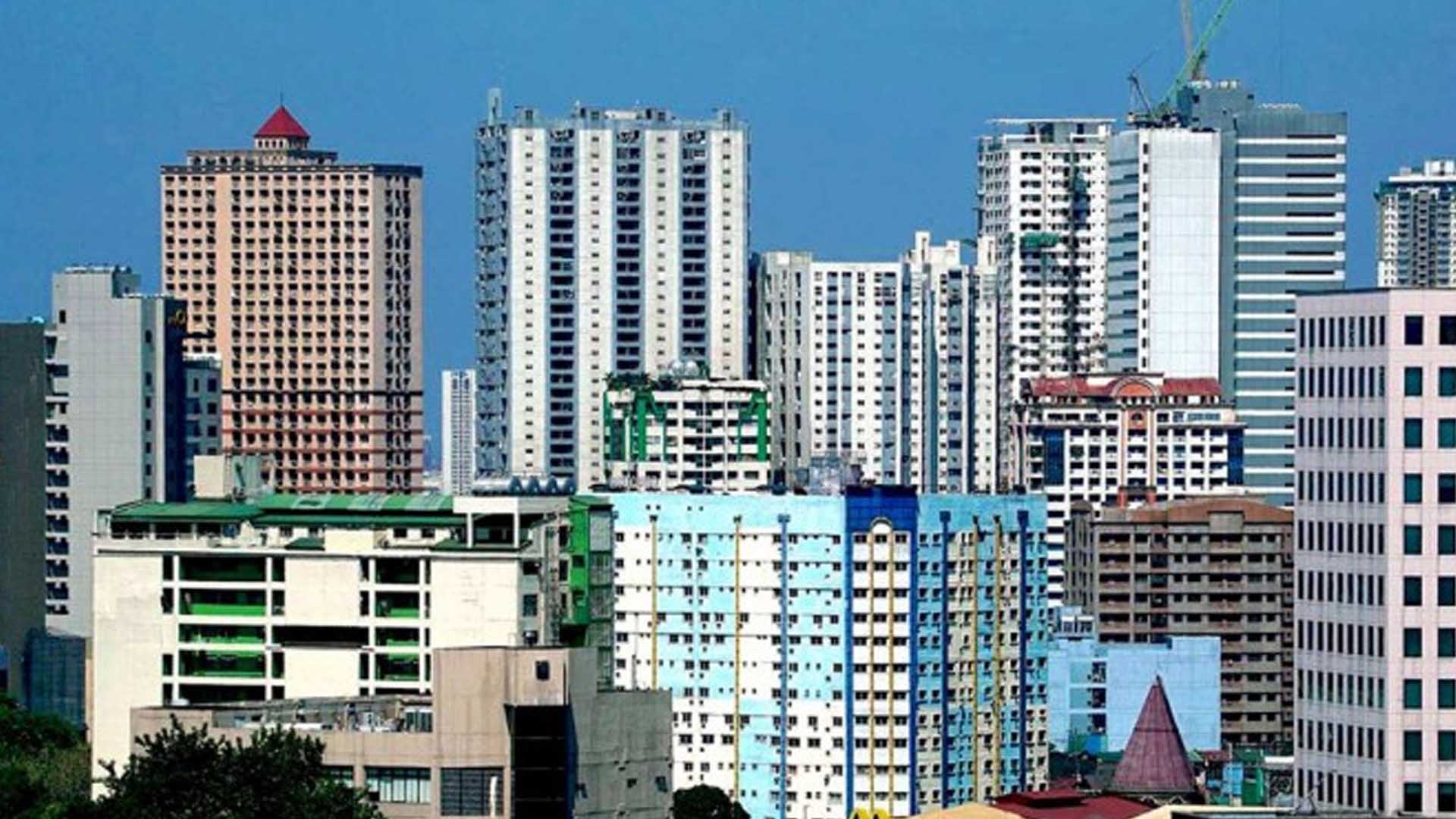The Philippines exceeded its Gross National Income (GNI) per capita target for 2023 under the Philippine Development Plan (PDP) 2023-2028 and is on track to becoming an upper middle-income country in the next two years, National Economic and Development Authority (NEDA) Secretary Arsenio Balisacan said on Wednesday.
Data released by the World Bank last July 1 showed that the country’s GNI per capita reached USD4,230 last year, surpassing the USD3,130 to USD4,203 GNI per capita target set under the PDP.
The GNI per capita last year was also higher by 7.1 percent than the previous year.
GNI per capita measures the economic output per citizen, encompassing both domestic and international earnings.
A higher GNI per capita is one indication of greater economic prosperity and a higher standard of living.
“Achieving the GNI per capita target for 2023 solidifies our trajectory toward attaining Upper Middle-Income Country (UMIC) status within the next two years. However, our mission is far from complete,” Balisacan said.
“While we, of course, welcome news of such progress, what matters more to us is that the fruits of economic growth—opportunities, better jobs, and higher incomes—are felt by all Filipinos, especially the poor. The government must persist in its efforts to ensure that our economic gains are shared equitably, with the aim of reducing the poverty rate to a single-digit level by 2028,” he said.
The World Bank defines UMIC economies as those with GNI per capita ranging between USD4,516 and USD14,005 for the fiscal year 2025.
Balisacan earlier said the Philippines is poised to achieve UMIC status by 2025, provided the economy sustains its robust growth rate.
For this year, the economic growth target was set at 6 to 7 percent.
For 2025, economic managers earlier set a 6.5 to 7.5 percent economic growth target.
“The expected transition to Upper Middle-Income Country status is an indication that we are headed in the right direction. More importantly, I should say, our focus now is on sustaining the momentum. We are working double time to further improve the policy and regulatory environment to enable a balanced mix of industries that will sustain the growth of the Philippine economy in the years to come,” Balisacan said.
“With our accelerated infrastructure drive enhancing connectivity across the country, we also want more of our lagging regions contributing to our growth as we also push for inclusivity. More than hitting a number, the ultimate goal is to improve our people’s lives,” he added. (PNA)







